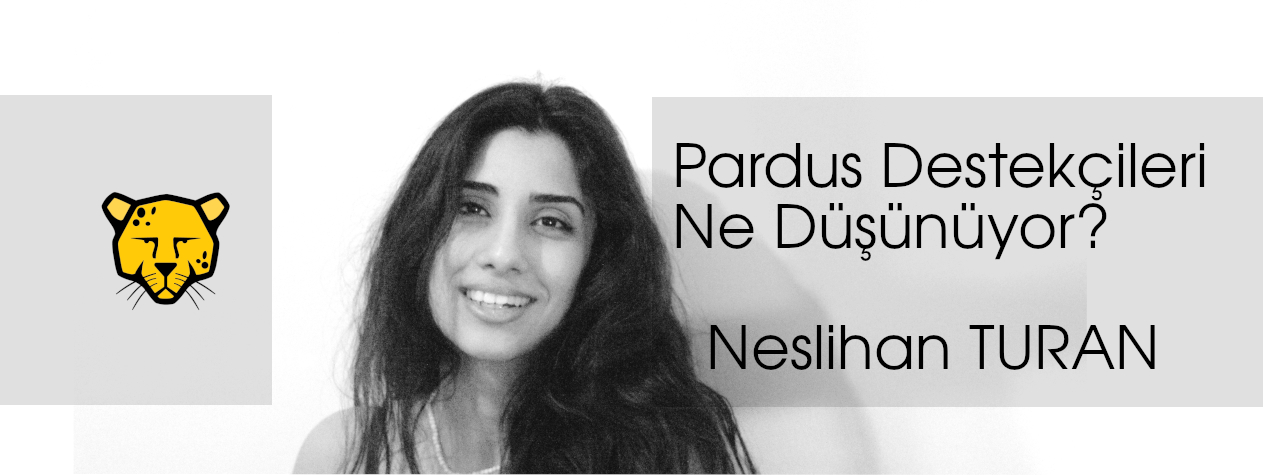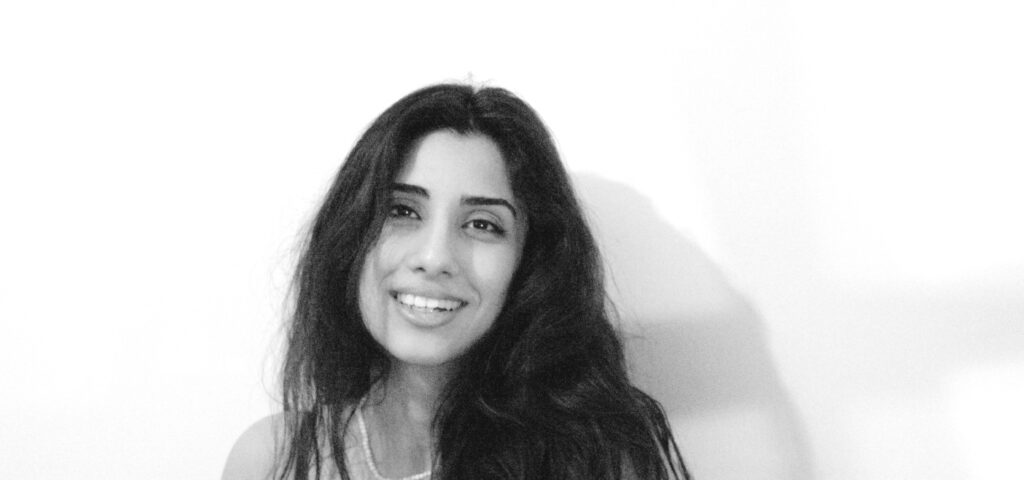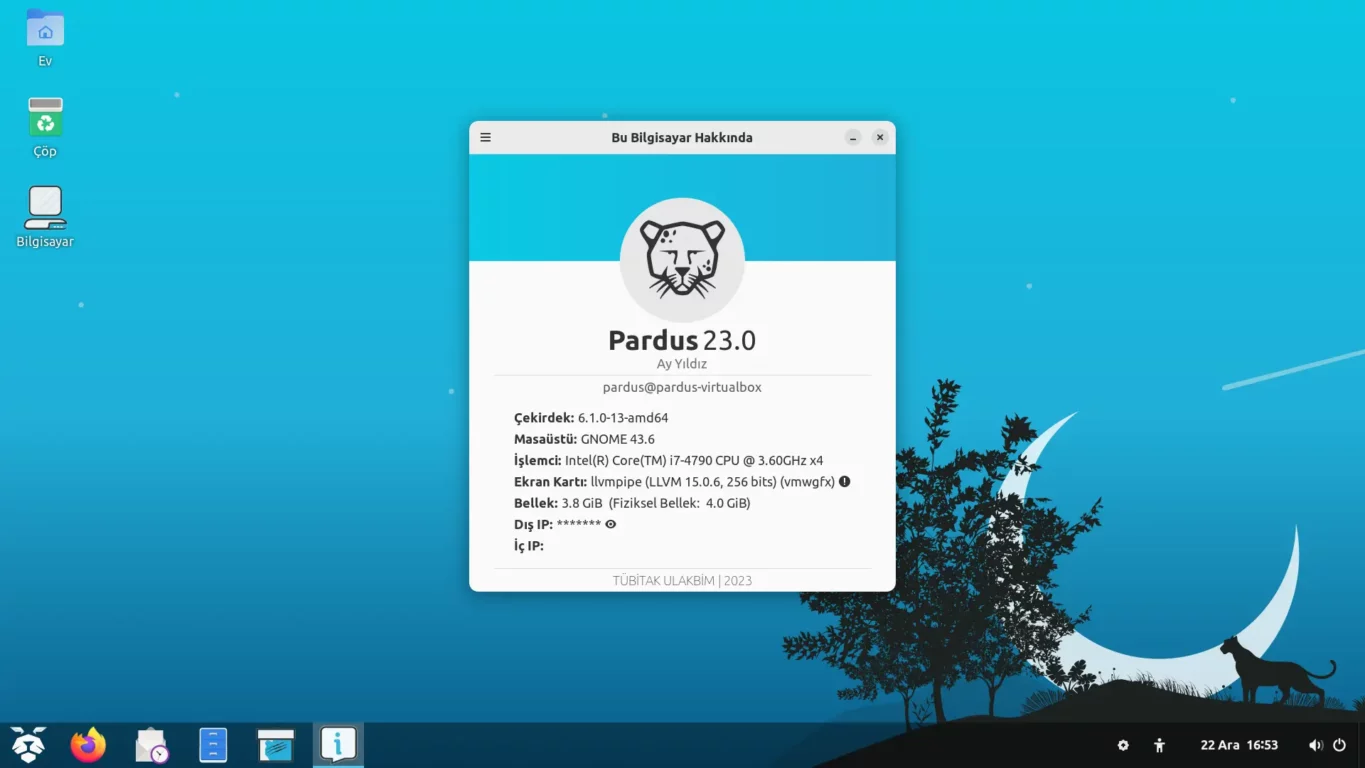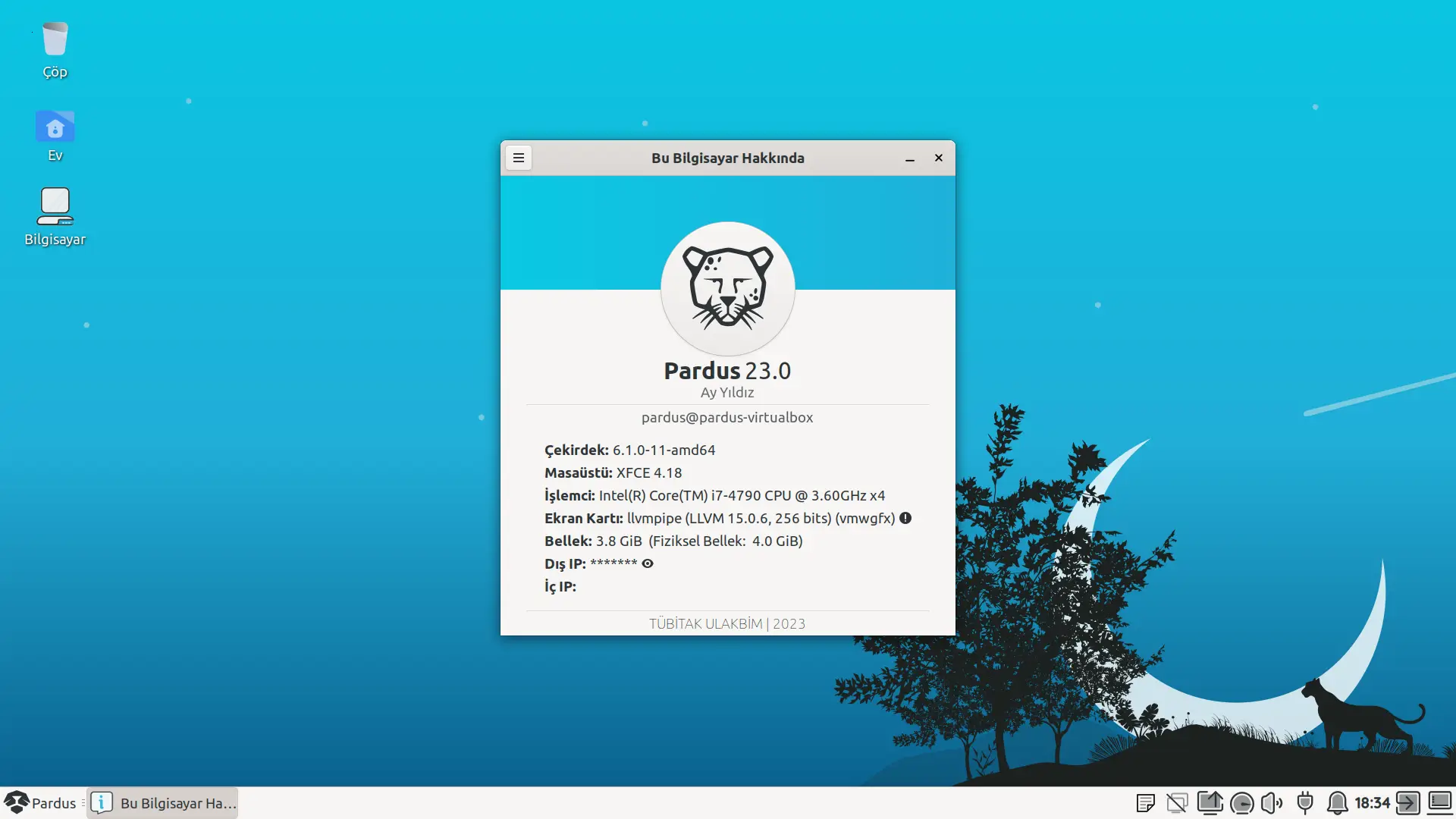
Açık kaynak dünyasında söz sahibi kişilerin deneyim ve görüşlerini bizlerle paylaştığı söyleşilerimizi bu bölümde sizlerle buluşturuyoruz. Söyleşilerimizin bu bölümünde Özgür Yazılım Derneği üyesi ve Wikimedia Vakfı’nda yazılım geliştirici olan Neslihan Turan dostumuzu ağırladık:
Kendinizi kısaca tanıtır mısınız?
Merhabalar, ben Neslihan Turan. İstanbul’da yaşayan bir bilgisayar mühendisiyim. Halihazırda Wikimedia Commons Android App adlı bir özgür yazılımın geliştiricilerinden biriyim. Özgür yazılım, özgür bilgi, feminizm gibi alanlarda gönüllü olarak emek veriyorum.

Linux ve özgür yazılımlar ile nasıl tanıştınız? Neden Linux?
Benim GNU/Linux ile tanışmam üniversite yıllarında düzenlediğimiz bir etkinlikte İstanbul Hackerspace’den gelen iki konuşmacının özgür yazılım anlatmasına dayanıyor. Bu tanışmanın ardından Hackerspace üyesi olmam, Akademik Bilişim Kış Kampı’na katılmam ve bu alandaki bilgisini gönüllü olarak paylaşmaya zaman ve emek ayıran insanlarla yolumun kesişmesi sonucunda özgür yazılım felsefesini öğrenip benimsedim. Her tür bilgiyi insanlığın ortak birikimine borçlu olduğumuzu ve dolayısıyla bu birikimi kullanarak oluşturduğumuz her şeyi herkesle tekrar paylaşmamız gerektiğini düşünüyorum. Bu etik motivasyona ek olarak, pragmatik olarak da bilginin doğasının gerektirdiği gibi özgür bırakılmasının gelişmenin yolu olduğuna inanıyorum. Bu bilgi bir akademik makale de olabilir, yazılım da, aşı formülü de. Bir yirminci yüzyıl insanı olarak, mesleğimin de gerektirdiği şekilde, çoğumuz gibi benim de en çok kullandığım alet bilgisayarım. Bilgisayarımda çalışacak çekirdek ve işletim sistemini de özgür bilgiyi gözeterek seçtiğimden dolayı GNU/Linux kullanıcısıyım. Kullandığım diğer yazılımları da başarabildiğim ölçüde bu kritere göre seçiyorum. Bir geliştirici olarak da özgür yazılımlar geliştirmeyi tercih ediyorum.
Özgür yazılımlara ne tür bir katkı veriyorsunuz? Katkı vermeye nasıl ve ne zaman başladınız?
Özgür yazılıma katkı vermeye ilk olarak Marmara Üniversitesi’nde Özgür Yazılım Kulübü’nde emek vererek ve bu konuda etkinlikler düzenleyerek vermiş sayılabilirim. İlk kod katkımı Outreachy Programı sayesinde Wikimedia Vakfı‘nın bir projesine verdim. Bunu, şu an çalıştığım, o zamanlar yalnızca gönüllüsü olduğum diğer bir projeye verdiğim katkılar takip etti. Kod katkısı dışında Özgür Yazılım Derneği’ndeki çalışmalarımla da alana katkı vermekteyim. Bu katkılar daha çok içerik oluşturma, Türkçeleştirme, eşit ve güvenli bir özgür yazılım topluluğunun inşası gibi konulara odaklanıyor.
Katkılarınız karşılığında ne alıyorsunuz?
İdeolojik bir motivasyona dayanan ve gönüllü emek içeren işlerde temel kazanım, o işi yapıyor olmanın kendisi bana kalırsa. Zaten doğru olan şeyin bu olduğu fikrine ikna olduktan sonra bunu yapmaktan kendini alıkoymak zor olurdu. Özgür yazılım alanına fikirsel, teknik veya topluluk inşası gibi katkılar verirken de durum bundan farklı değil. Temel kazanım, bilginin olması gerektiği gibi özgür kalması için yapman gerektiğine inandığın şeyi yapıyor olmanın sağladığı huzur. Bu temel kazanımın yanında daha pratik faydalar da getirdi bana bu alanda olmak. Yaptığım kod katkıları sayesinde yazdığım kodun kalitesi beğenilerek almış olduğum bir iş teklifi var, şu anda da orada çalışmaktayım. Kendim gibi düşünen, özgürlük fikrine bir köşesinden temas eden kişilerle ortak bir çevrede olma olanağı da veriyor bu alana dâhil olmak bana. Burada politika üretmek de kendi başına sürekli öğretici ve ufuk açıcı bir süreç.
Pardus topluluğu katkıcı adaylarına tavsiyeleriniz neler?
Özgür yazılımın tüm özgürlük mücadelelerinden yalnızca biri olduğunu unutmamak gerektiğini düşünüyorum. Yazılım özgürlüğü özgür bir topluma ulaşmakta yapbozun parçalarından biri ve o olmadığında resim eksik kalıyor. Öte yandan, bu parçanın tek başına resmi tamamlamaya yetmediğini de unutmamak gerekiyor. Özgürlüğe bütüncül bir bakışla, tüm özgürlük mücadeleleri kol kola ilerletmek ilk önerim olur. Bir diğer naçizane önerimse özgür yazılım topluluklarının bir parçası olurken ayrımcılık kavramına dair bir bakış geliştirmeye çaba harcamak ve oldukça derin ayrımcılıklar içeren teknik alanları (sınıfsal olarak teknolojiye erişim eşitsizliği, kimliksel eşitsizlikler gibi) daha eşit bir hale getirmek amacını öncelikli tutmak olur. Böylece yalnızca toplulukta var olarak ve ayrımcılığa geçit vermeyerek bile herkesin katılabileceği bir ortam oluşmasına katkıda bulunmuş ve daha çok insanın özgür yazılımları savunmasına, kullanmasına, gelişirmesine bir kapı açmış olabiliyoruz.
Profesyonel ya da günlük hayatınızda hangi özgür yazılım uygulama ve bileşenlerini sık kullanıyorsunuz?
Sanırım derinleşirsek bir günde değil bir saatte kullandığımız özgür yazılımları saymakla bitiremeyiz. Farkında olalım veya olmayalım, hepimiz pek çok özgür yazılım bileşenini kullanıyoruz. Yazılım adı vermem gerekirse Firefox, Thunderbird, Inkscape, LineageOS, Ubuntu, Twidere, Rawtherapee, Telegram ve Signal günlük olarak en çok kullandığım programlar.
Bugüne kadar açık kaynak toplulukları ve yaptıkları işlerden nasıl yararlandınız?
Topluluk olmanın anlamı benim için aidiyet hissiyle bir alana katkı yapabilmek için gereken motivasyonun oluşması ve etki alanını arttırarak bireysel değil toplumsal dönüşümlere olanak sağlanmasıdır. Dolayısıyla toplulukların varlığını çok gerekli görüyorum. Kullandığımız çoğu özgür yazılımın arkasında kendi toplulukları olduğu için, öncelikle ürettikleri yazılımları kullanarak yararlandım bu topluluklardan. Bunu yanı sıra Marmara GNU topluluğu ve İstanbul Hackerspace alan olarak birer okul gibiydi benim için. Yaşımın yetmediği veya çevremde göremeyeceğim donanımlara erişme ve pek çok ufuk açıcı sohbeti dinleme şansım oldu bu alanlarda. Konumuz faydalanmaysa, benim de bir parçası olduğum Wikimedia topluluğunun üretimlerinden neredeyse herkes gibi benim de faydalandığımı söylemeden geçemeyeceğim.
Wikipedia Projesi’nin yanı sıra onlarca daha yazılım projesi topluluk tarafından üretiliyor ve bu yazılımlar altyapı olarak kullanılarak yine topluluk tarafından oluşturulan özgür bilgiyi barındırıyorlar. Dünyada bir şekilde teknoloji kullanmış tek bir insan yoktur ki, özgür yazılım topluluklarının çalışmalarından şu veya bu şekilde faydalanmamış olsun. Bu toplulukların çalışmalarından yararlandığımın bilincinde olmak beni özgür yazılım topluluklarının bir parçası olarak emek vermeye ve topluluklardan aldıklarımı geri vermeye ayrıca motive ediyor.
İlginizi Çekebilir
Pardus Röportajları: Bolu Orhangazi Ortaokulu Bilişim Teknolojileri Rehber Öğretmeni Tarık OTU
Söyleşiler
9 Haz '23Pardus Röportajları: Ordu Bilişim Teknolojileri İl Koordinatörü Ömer Çağdaş ATASU
Söyleşiler
9 Haz '23Pardus Destekçileri Ne Düşünüyor? – Ayhan YALÇINSOY
Söyleşiler
1 Tem '22Pardus Destekçileri Ne Düşünüyor? – Selim ŞUMLU
Söyleşiler
16 Haz '22



